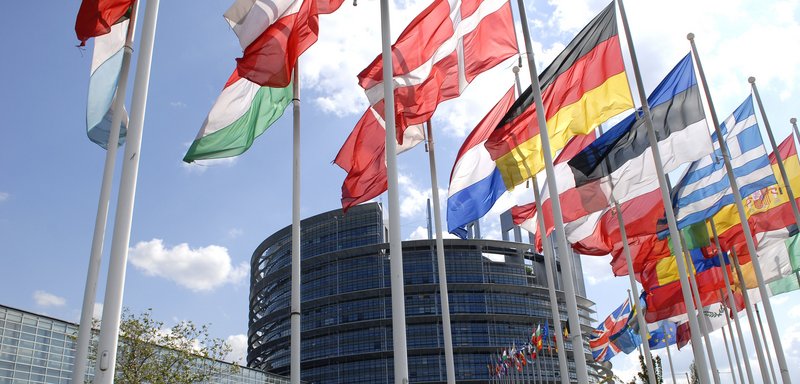News
EU Parliament remains critical of genetic engineering
The EU Commission will most likely ignore the five decisions and grant the approval anyway. Just as it did in the previous 43 cases. Back in June 2020, 50 MEPs complained about this undemocratic approach in a letter to the Commission’s vice president, Frans Timmermans. Prior to that, in May, 477 delegates had refused to approve the genetically engineered soy MON 87708 × MON 89788 × A5547-127. That had been the highest number of rejections to date, said the letter to Timmermans. Up to 490 delegates have now voted against approval. The resistance to agricultural genetic engineering in the European Parliament is evidently solid.
A good sign for future votes on EU genetic engineering law
This is a good sign. Even though the Commission can bypass the delegates’ vote in the case of the current approvals, this will not be possible in the future when the question arises as to whether EU genetic engineering law should be changed in favour of new methods such as CRISPR/Cas. “We are pleased that the large majority of the Parliament so clearly expresses the desire of European voters for a GMO-free agricultural and food sector,” comments VLOG Managing Director Alexander Hissting on the result of the vote. “And we are assuming that the delegates will be equally firm in opposing all attempts to question the precautionary principle and the labelling obligation in EU genetic engineering law for new genetic engineering methods.”
Genetic engineering lobby questions precautionary principle
Such attempts are also being made in the parliamentary ranks. The farmers’ network Via Campesina reported that three European delegates from various factions jointly wrote to Health Commissioner Stella Kyriakides, “to persuade her to ignore the precautionary principle and the impact assessment that until now have guided EU decisions on the subject of GMOs.” A study requested by the Member States on the status of the new genetic engineering techniques in light of the ECJ ruling is to be presented by Kyriakides’ staff by April 2021. That date will signal the start of the debate on a possible change to EU genetic engineering law. Lobbyists for the agricultural industry in Brussels and in the Member States have been working towards this for a long time.
A small but powerful minority seeks to deregulate genetic engineering
Via Campesina reported how in Italy, France and at EU level “a small but powerful minority of lobbying groups from the seed and agriculture industry” is pushing for deregulation of genetic engineering law. For example, four decrees are currently said to be circulating in the agriculture committee of the Italian Parliament, which are aimed at approving the introduction of new genetic engineering methods in Italy. In France the government is deliberately disregarding a decision by the Supreme Court, which ordered it in February 2020 to pass a national law within six months to implement the July 2018 ruling by the European Court of Justice (ECJ) on new genetic engineering.
Just how successful the lobbying groups from the agricultural industry can be is shown by another example cited by the lobby watchdogs from Corporate Europe Observatory: the Common Agricultural Policy of the EU passed in November by the EU Parliament and Member States.
EU delegates criticise undemocratic genetic engineering approvals (09.07.2020)
New genetic engineering: Hearing with a bias (10.02.2020)

